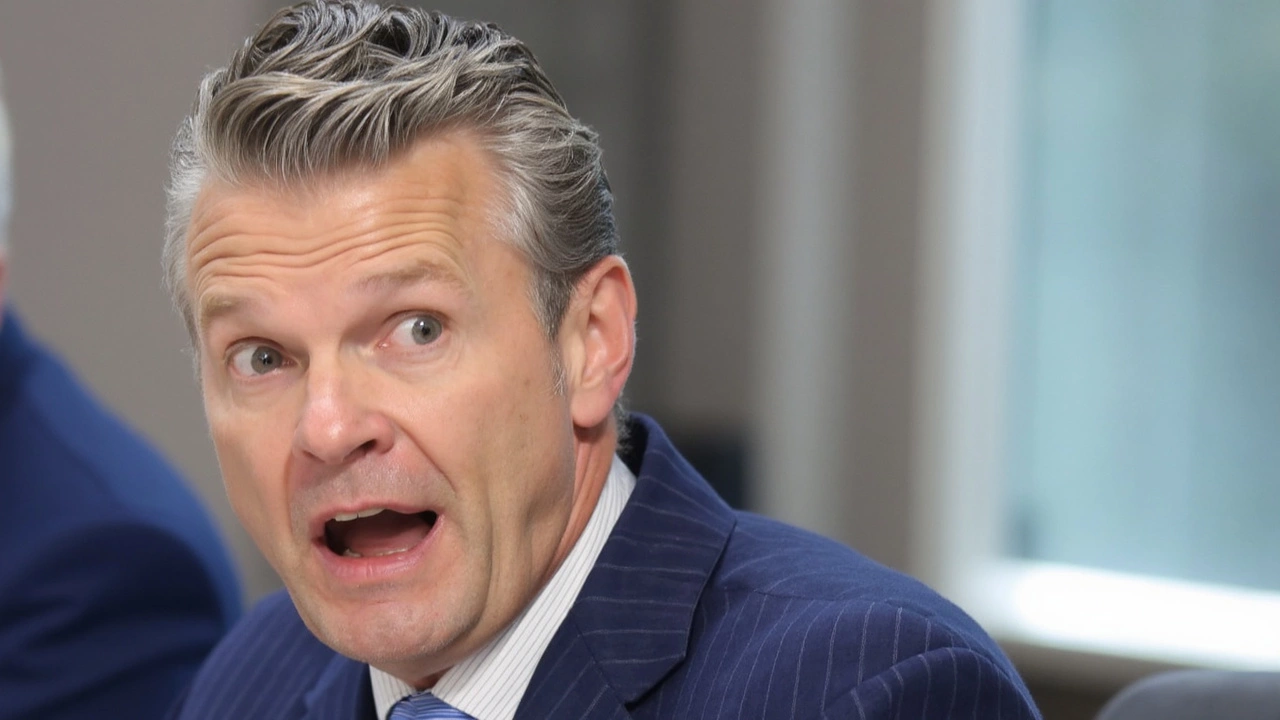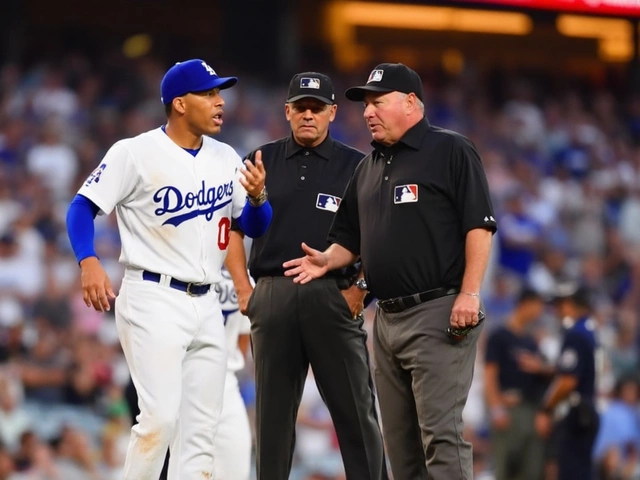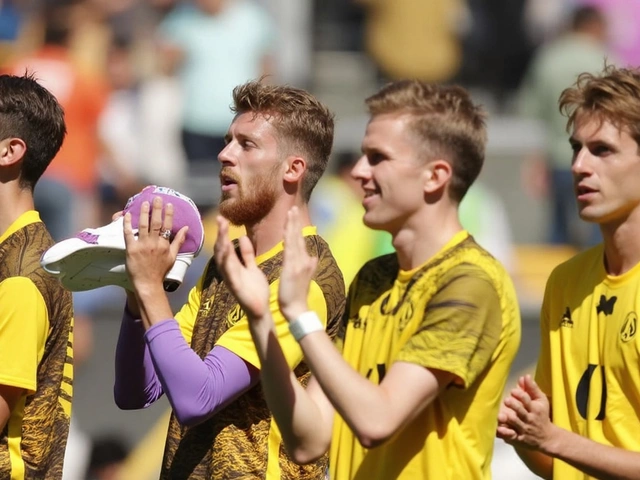Shakeup at the Pentagon: Ullyot’s Exit Amid Diversity Controversy
The Pentagon is no stranger to drama, but the resignation of John Ullyot as its top spokesperson has made even Washington insiders sit up and pay attention. The move comes at a time when Defense Secretary Pete Hegseth faces open pushback—not just from outside critics, but from within his own ranks. The root of this story? A heated debate over the Pentagon’s approach to diversity, equity, and inclusion, known as DEI, and a related clampdown on content honoring figures like Jackie Robinson and the Navajo Code Talkers.
Let’s get into what actually happened. Ullyot, who’s been the public face of Pentagon communications through thick and thin, says he chose to resign. He claims leadership wanted to sideline him into a secondary position, which didn’t sit well after years of calling the shots. Pentagon leaders, however, paint a different picture—they say he was shown the door. This brewing he-said-they-said is just the tip of the iceberg.
Leaked Tensions, Removed Heroes, and a Broader Scrutiny
Ullyot’s departure lines up almost perfectly with an ongoing Pentagon probe into leaks. The investigation, aimed at tracking down who’s been talking to the press without permission, resulted in three of Hegseth’s senior aides being put on administrative leave. That alone would be enough to generate buzz. But what really set tempers flaring was the internal decision to wipe certain DEI content from official channels—specifically material honoring civil rights champion Jackie Robinson and the legendary Navajo Code Talkers who helped the U.S. win World War II. These erasures seemed to many, inside and outside the building, like a step back from the military’s efforts to celebrate diversity.
Ullyot didn’t go quietly. He criticized unnamed Pentagon insiders for spreading what he called “sour-grapes anonymous spin,” making clear his frustration with the backroom gossip culture among top officials. That comment, while brief, highlights just how fractured the chain of command has become under Hegseth’s leadership. Instead of presenting a united front, the Pentagon now finds itself facing questions about its commitment to DEI and the effectiveness of its communication strategies—and it’s all spilling into public view.
The wave of resignations and administrative leaves has fueled speculation about whether Hegseth’s hard-nosed management style is uniting or dividing one of America’s most vital institutions. Is he truly rooting out dysfunction, or is the Pentagon losing valuable voices in the process? The recent removal of DEI-related content goes beyond symbolism; for many service members, it sends a message about what—and who—the department values.
- The Pentagon’s attempt to recalibrate its message on diversity is now under intense scrutiny.
- Senior insiders worry about morale, especially among minorities and veterans who saw symbolic recognition as a sign of progress.
- With leaks flying and leaders leaving, public trust in the Pentagon’s transparency is again on the line.
As eyes remain fixed on Hegseth, the big question is whether leadership can strike a balance between discipline and representation, between centralized control and open dialogue. Whatever happens next, this latest chapter shows just how challenging that balancing act can be in the world’s largest defense bureaucracy.





